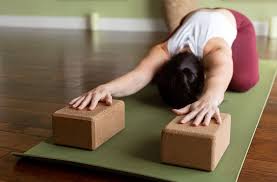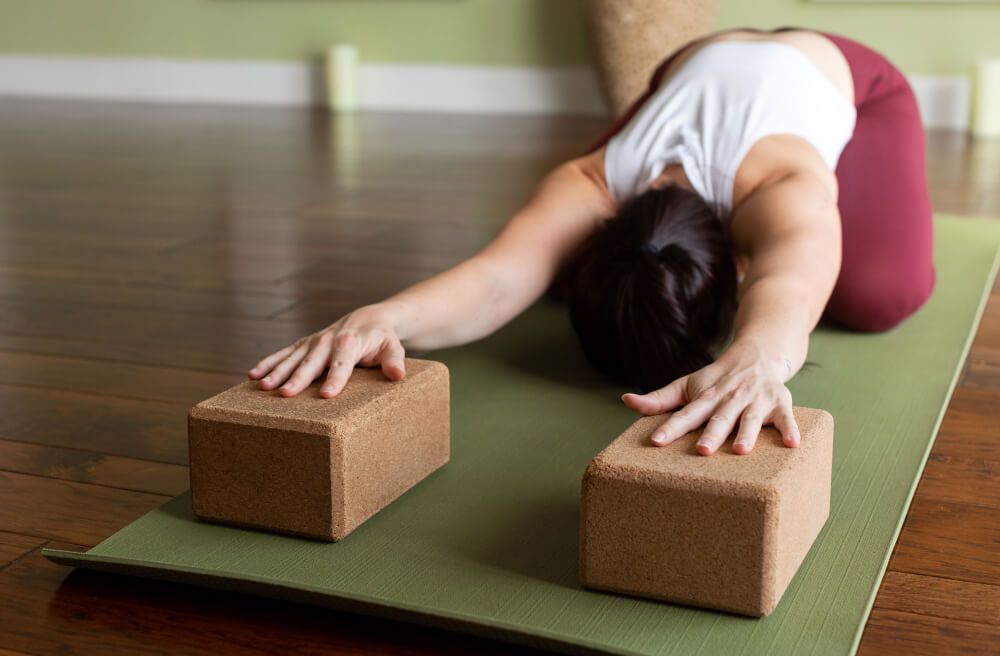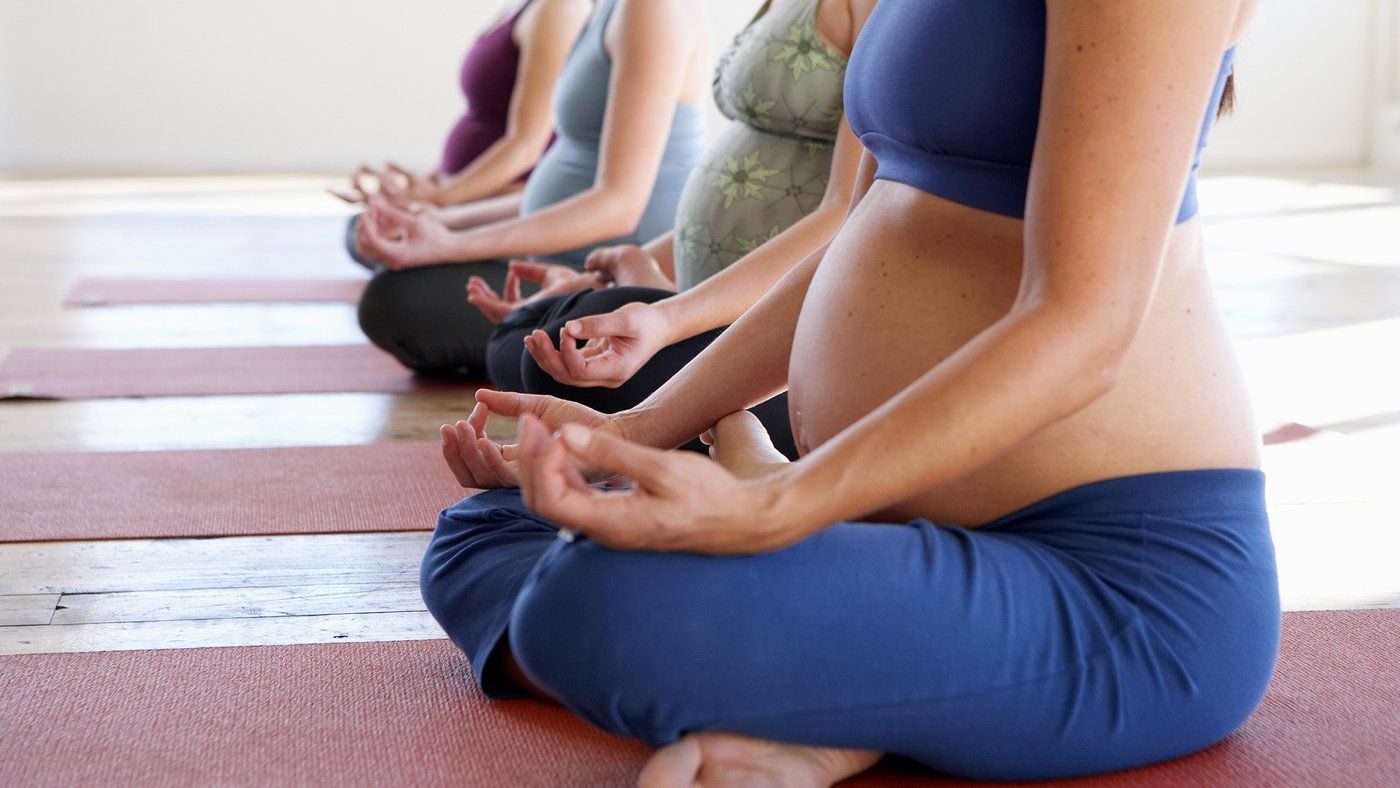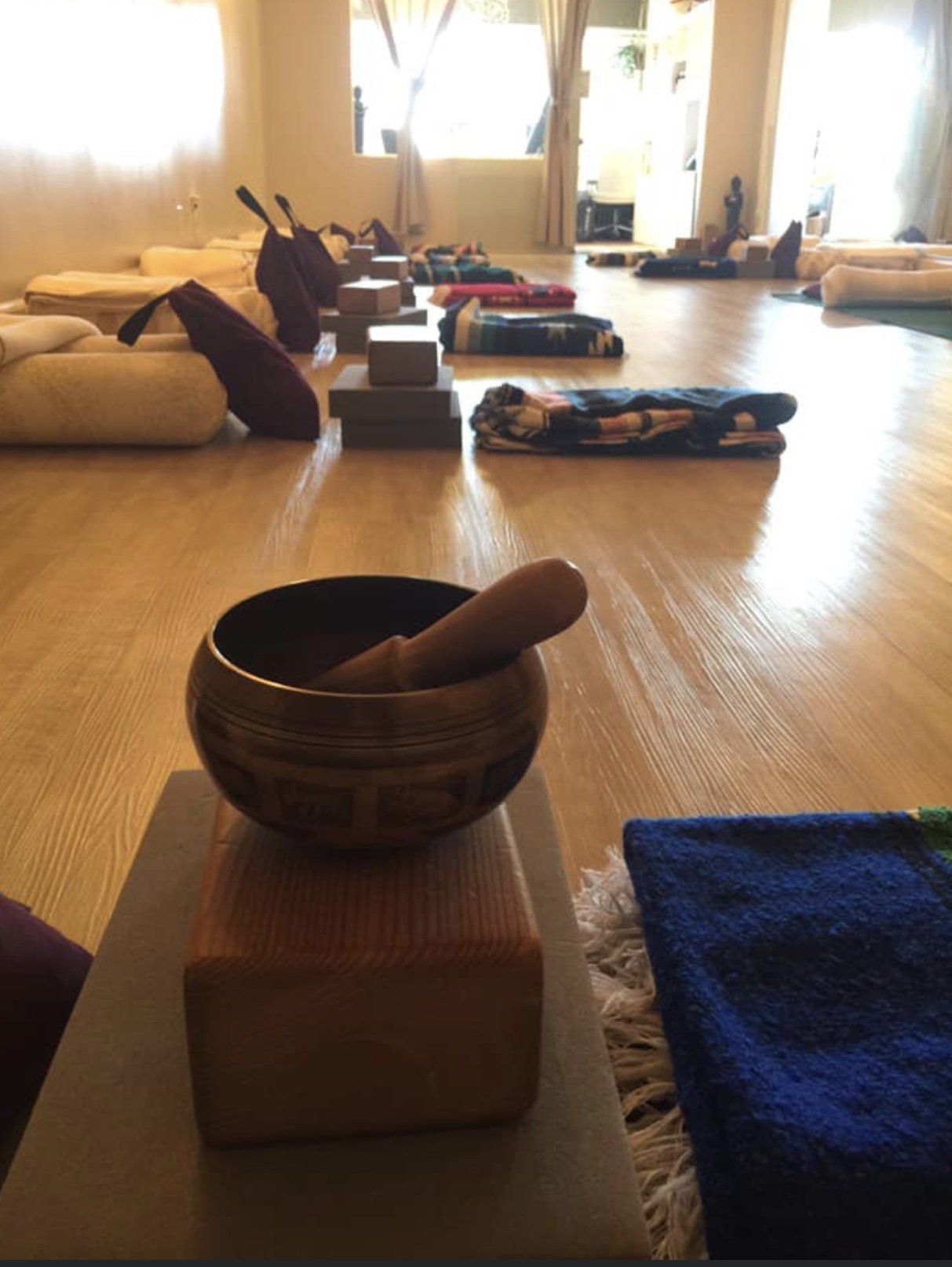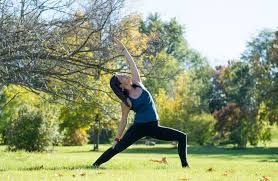Why Is It Important To Be Trauma Conscious?
- By Stacey Madden
- •
- 05 Feb, 2020
- •
20hr Trauma Conscious Facilitator Training with Stacey Madden

“Trauma is not in the event itself; rather, trauma resides in the nervous system, and affects the body as well as emotions, mind, spirit, and our capacity for relationships”
~Peter Levine, Waking the Tiger: Healing Trauma
As caring professionals, movement coaches or yoga teachers we interact with people everyday in the hopes of assisting in reaching goals, learning something new or feeling better. We never intend to cause harm to our students or clients, and yet we may experience moments that make us question what might be happening when an unexpected physical or emotional reaction arises. With the best of intentions we may not realize that what we are offering may in fact be triggering, or reinforcing a variety of traumatic responses.
Abuse, neglect, witnessing violent events, car accidents, or medical interventions can create traumatic charge in the body. Anytime we feel overwhelmed by events that are, or we perceive to be, life threatening can create survival impulses that remain in our nervous system. These moments can serve as a filter, or lens, through which a person views and interacts with the world, and the people in it.
This 20hr Trauma Conscious training creates a framework of understanding of the profound somatic/physiological, neurological, biological, and social effects trauma has on individuals and communities. This is a Body Based approach to identify how traumatic characteristics may manifest somatically. Trauma conscious education assists us in recognizing our interdependent needs for safety, connection, regulation and resilience.
Over 4 Sunday afternoons we will dive into 4 phases of Trauma Conscious learning and Somatic Skills labs to better understand our own nervous system, and discover methods to foster recovery and resilience.
Phase One: What is Trauma?
- Types of Trauma
- Nervous System Basics including Polyvagal Nerve Theory
- The Neurobiology of Trauma
- The Window of Tolerance and Threat Response
Somatic Skills Lab: tracking our own nervous system responses, attunement and regulation practice
Phase Two: Trauma Physiology
- Introduction to Attachment Theory
- Introduction to Somatic Experiencing
- Physiological Responses and the Vagus Nerve
- Guidelines for Working with People Affected by Trauma
Somatic Skills Lab: survival reflexes, Vagus Nerve practices, Sensing and Observing
Phase Three: Movement & Trauma
- Somatic Dominance or Teaching Style?
- The Inheritance of Trauma in Systems of Care
- Vicarious Trauma: Trauma Exposure Response
Somatic Skills Lab - Self-Regulation, Co-Regulation and the Body as Resource
Phase Four: Putting it all Together
- Safe Scope of Practice
- Trauma Recovery & Resilience
- Creating Trauma Conscious Communities
Somatic Skills Lab - Self-Care and Self-Compassion Practices, Specific Trauma-informed Movement and Mindfulness Practices
As helping professionals we need to be trauma-informed in order to create safe spaces that can foster all the good things we have to offer. Register today as space is limited. We are offering a small group learning environment to better support each other in a conscious community.
Please contact The Yoga Studio of Calgary Oak Bay for more information, (403)454-8645
